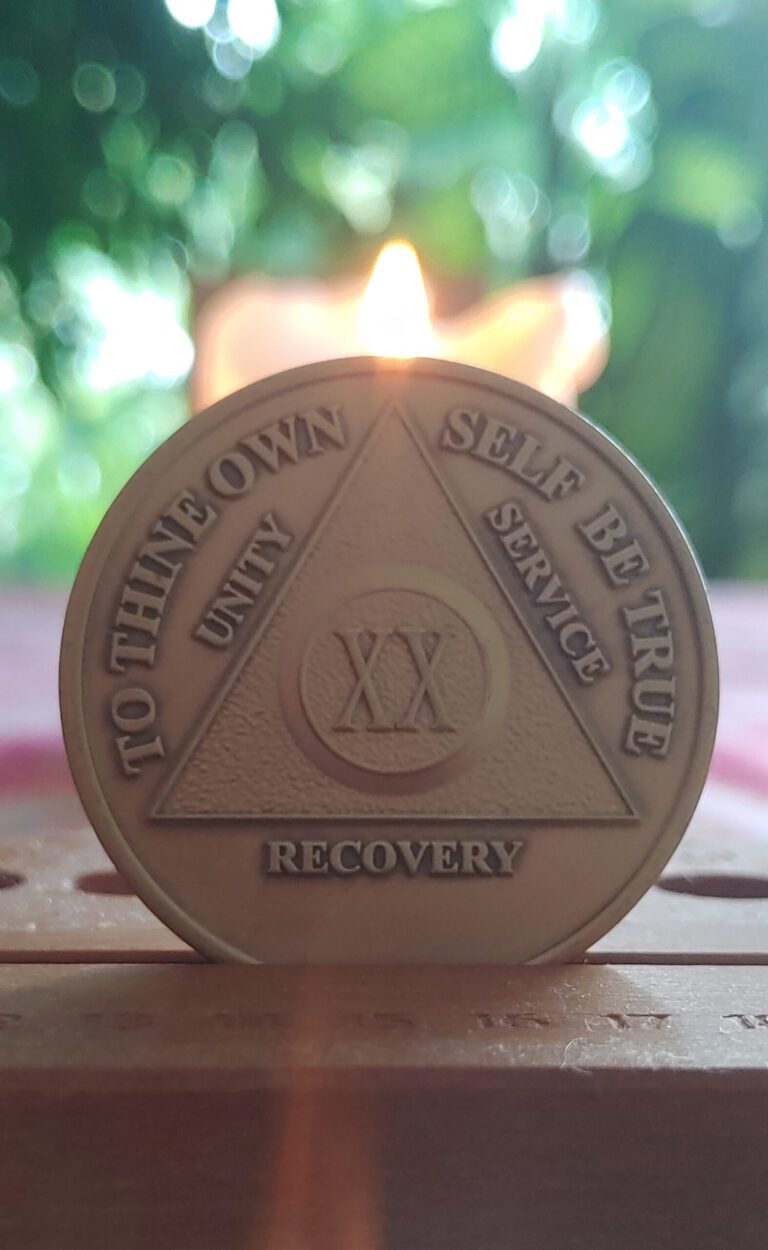If I were to try to identify a turning point I’d say that was it – getting clean.
James Taylor
Grace is that turning point from feeling hopeless to becoming empowered.
Deborah Brodie
My turning point was my pilgrimage to Santiago de Compostela. It was then that I, who had dedicated most of my life to penetrate the `secrets´ of the universe, realized that there are no secrets. Life is and will always be a mystery.
Paulo Coelho
Turning points invite us to consider what it means to be a human being, rather than a human doing. Over the years I have identified with many roles; one of ten siblings, a teacher, a corporate executive, a partner, a father, a gardener, an Irish emigrant, a recovering addict, a writer, and a transformation coach, to name just a few.
But during the summer of 2021, on my summer holidays, I suffered a traumatic back injury while swimming in the ocean off Corsica. Having been rescued from the waters and taken by ambulance to the regional hospital, I was examined and told that several vertebrae had been fractured. It would be necessary for me to lie on my back for a week or more until a corset could be manufactured which would allow me to stand up and, hopefully, walk.
At that stage it was not clear how the spinal damage would impinge upon my mobility. I would simply have to lie down and wait. Thanks to the devoted support of my loved ones and the professional care of many medical professionals over the subsequent eighteen months, I have now made a complete recovery.
My robust immune system and general state of physical fitness both facilitated this speedy and complete recovery. The tools of mental and spiritual fitness with which I had previously become familiar, such a silent meditation, also helped. This incident struck me as a wake-up call; drawing my attention to the need to train all the muscles of my body, not just from the waist down, as I had been wont to do as an amateur long-distance runner and cyclist.
During the arduous recovery process, I couldn’t prove myself through performance of any kind. I was dependent on help to carry out even the most rudimentary tasks, such as getting dressed. The external labels that had come to form my entire identity were swept away, leaving me unsure as to how to go about the rebuilding process.
Six months into that process, just as I was about to leave the orthopedic rehab clinic, I first became acquainted with and began a daily practice of a Mental Fitness framework called Positive Intelligence, – PQ for short. I had initially signed up for a seven-week intensive online workshop with a small team of coaching peers, attracted by the promise that PQ Mental Fitness would help reduce self-sabotage, thereby freeing up substantial amounts of energy which could then be used to fulfil potential and reach goals much more effectively.
The promises have been proven correct over time: a daily Mental Fitness regime, elegantly underpinned and made practicable by a well-structured App, provides the ideal foundation, – a 20/80 combination of insights and practice, – on which every successful transformation process is built. On completion of the 7-week introduction, I went on to complete 18 months of intensive training, culminating in my certification as a PQ Coach in July of this year.
One of the elements of PQ is the Sage Perspective, which can be described as the willingness to discover the gift and opportunity in every circumstance, no matter how `bad´ we would normally adjudge it to be. To help us grasp and develop this concept, we are encouraged to look back on our lives to identify situations which, at the time, felt like the nadirs, total catastrophies, utter defeat. Most people can find a few examples from real experience. Looking back some time later, however, we often find that these events proved to be turning points on our way to a much better way of living.
A case in point from my life was my admitting, twenty years ago this week, that I was an alcoholic and addict – that my life had become unmanageable. This was not a pleasant experience, forced by desperation after years of being sick and tired of being sick and tired, the default state of every active addict.
In my youth, it never entered my mind that someday I would aspire to become an upstanding and useful member of Alcoholics Anonymous. In addition, my professional work had, for many years, involved leadership and management. Before I quit drinking, I had held many positions in the fast-paced corporate world, every business card introducing me proudly as a Team Manager, Senior Manager, or even General Manager.
It took swallowing a considerable portion of humble pie for me to finally admit the truth of my alcoholism, the unmanageability of my life, and my powerlessness over the substances I had been consuming in a pattern of regular bingeing since my teens.
Thankfully, I was desperate enough to reach out for help and follow instructions. This turning point was truly a life and death situation. In hindsight, it has turned out to be the best decision I ever made. It is clear to me now that active addiction is `suicide in instalments´ and I was hurtling towards utter destruction.
Suicide by instalments is the, – often unconscious yet very understandable, – manifestation of a `No!´ response to life. The origins of this response may often be found in the years of our early upbringing when, due to adversity, our trust in our environment and in the Universe itself, suffered severe damage.
Acting out the addiction solves the problem of life’s unbearability, that unbearable feeling of being in our own skin. It is a solution that works. However, as it gathers pace and becomes the driving force in our lives, we become increasingly unable to see the unfurling of its destruction. The deeper we dig ourselves into a hole, the less capable we become of seeing that we are in a hole. Denial and delusion each play a role in this.
I fell prey to the illusion that `I had no choice´. Recovery is the realization that, `with every new breath we take, we have free choice as to how we respond to what is unfolding´.
The Twelve Step approach of AA has taught me let go of my insistence that life should unfold according to my whims and dictates. I can learn to live life on life’s terms. Instead of trying to direct the winds, we can learn to surf the waves. It is simply a crash course in growing up for people who missed out the first time around.
Recovery has brought many precious gifts since my turning point in September 2003. While life has not been a bed of roses, today I love life, live my YES to life! It has its ups and downs, of course, and some days are better than others. Life hasn’t changed; my ability to respond to whatever transpires has matured to a point where, most of the time, I can handle whatever comes up without going into emotional or mental meltdown. I feel good in my own skin.
Fast forward to a more recent turning point. In January 2022, upon leaving the orthopedic clinic, I decided, using PQ, to dedicate as much time and effort to establishing and maintaining my mental fitness as to my physical fitness. It was auspicious timing and I recognized that both endeavors would become life-long pursuits.
PQ practice involves engaging in short, guided exercises, mostly sensory in nature, throughout each day. In the initial eight weeks, we are introduced to the concepts of Saboteurs, which we learn to intercept, Sage Powers, which we begin to cultivate and strengthen, and Mind Control, enabling us to consciously switch from Saboteur to Sage, ideally in real time. In essence we need to train only three mental muscles. The simplicity of the programme makes it very powerful.
Where real-time shifting has not been accomplished, and we do, indeed, get hijacked by the Saboteurs, we find that the time needed to recover to a state of equanimity gets shorter and shorter. This is the definition of resilience.
PQ, as a scale such as IQ, is simply defined as the ratio of time consumed by thoughts and actions characterized by distress (mind as worst enemy) to those which serve our well-being (mind as best friend).
If, for every fear-driven, destructive thought, we have three times as many salubrious ones, we have a ratio of 1:3, therefore a PQ Score of 75. Studies have shown this score to be the tipping point in terms of individuals or teams achieving their full potential. The goal of PQ is, therefore, to build Mental Fitness such that we remain at or above this tipping point of 75 for as much of our waking time as possible.
As we progress through the challenges of each day, our Mental Fitness becomes eroded, so we need to recharge the batteries as we go along. This is why it is important to practice regularly throughout the day. For more details on PQ Practice, see: https://www.pq-mental-fitness.com/
Even a modicum of Mental Fitness helps me to engage with people not in terms of my own prejudices or their saboteur hijacking, but instead to look at their essence; to observe with discernment how they respond to life’s vagaries, to have empathy for the way they treat themselves and others, and to recognize what makes them uniquely beautiful. Discernment and empathy I can also apply to myself. They serve as a powerful antidote to my Judge Saboteur, otherwise known as the Inner Critic, which can be a brutal foe. Interestingly, the Twelve Step Programme of AA helps us develop the self-same skills.
My current challenges in establishing SoberOasis as a solid Transformation Coaching and Mental Fitness Training business induce me to engage even more enthusiastically in my practice, discover which gifts are secreted at its core and having found them, bring them forth to share with the world.








